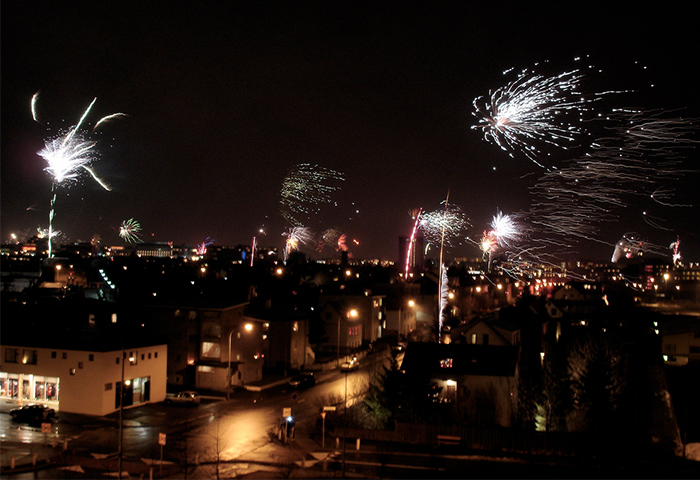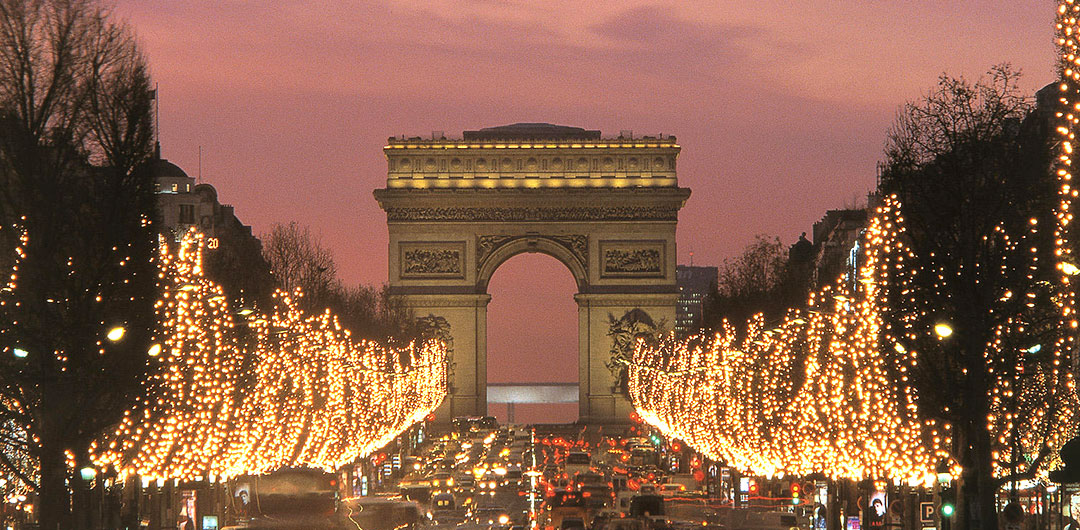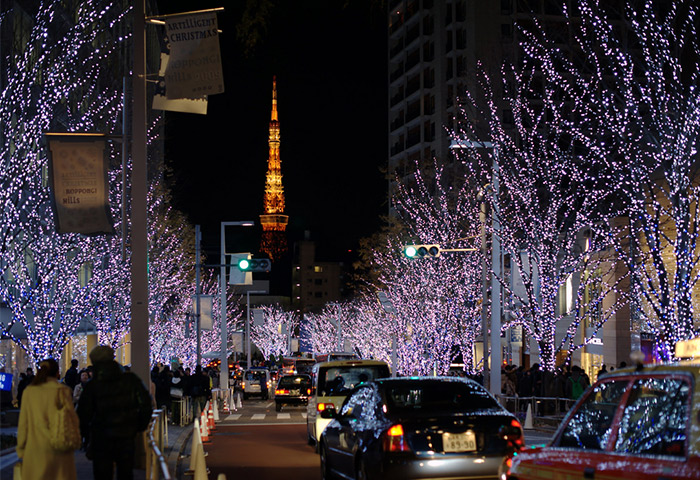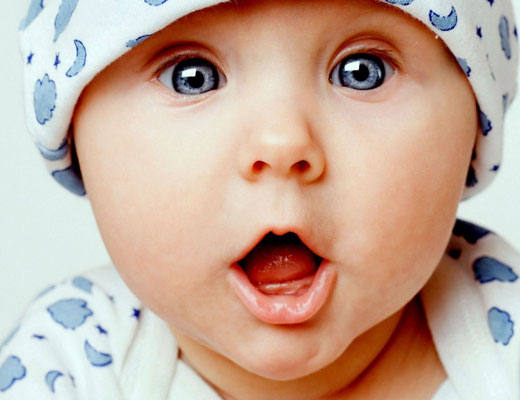Did you know that Christmas is the most celebrated holiday in the world? And that’s counting celebrations by both Christians and non-Christians! It’s reported that more than 160 countries celebrate Christmas, and a few countries such as Uruguay and Angola actually refer to Christmas as ‘Family Day’. But another reason why this holiday season is the most interested occasion to mark in your calendar is largely because it is celebrated differently in various countries.
Today we explore how this festive day is marked in both strange and delightful ways in a handful of countries:
Germany
In Germany, St. Nikolaus Day falls on December 6 – and that day is almost as important as Christmas itself, because that’s when the good saint comes to fill up chocolate in socks. Germans also often drink ‘glowing wine’ (Glühwein) at Christmas markets that are popular in the country. This wine is made of a steaming mixture of red wine, sugar, and wintery spices – a concoction that packs a punch especially if you down one that has a shot of rum. While gift exchange is done on the eve of the holiday, Advent calendars make up a big part of December’s occasion, with 24 little gifts to mark the days before Christmas.
Japan
In Japan, Christmas eve is akin to Valentine’s Day whereby couples go for a romantic date night in town while exchanging gifts, gazing at the festive lights and decorated trees. Christmas Chicken Dinners are made popular thanks to KFC counterparts in Japan, so don’t be surprised if you find that the fast food outlet has insanely long lines on the eve – so no turkey dinners and glazed ham for those who are celebrating the festive period in Japan this year! Another traditional food that Japanese partake in is ‘Christmas cake’, a spongy vanilla cake with strawberries and cream instead of the usual fruit pound cake.
Greece
Apart from Christmas trees, small Christmas ships make up an important part of street decorations in the cities and villages of Greece; these ships are decorated with blue and white lights to pay homage to St. Nicholas. Another common occurrence is the sprinkling of basil holy water is within each room of the house, believed to ward off bad spirits (kallikantzaroi) that supposedly come down the chimney during the 12-day period from 25 December to 6 January to spite people by devouring Christmas food, milk and overturning furniture.
Finland
Christmas Eve is a major day for the Finnish people, with Santa Claus (Joulupukki) making an appearance after dinner with a sack of presents. It’s also said that some will head to cemeteries to visit the graves of their family members, leaving an ice lantern – lanterns made from snow balls – by the graves before leaving, so much so that the cemetery resembles a winter wonderland. A trip to the sauna is also a quintessential must-do after dinner, along with chugging down “glögi” (mulled wine).
Croatia
Traditions that are often still practiced in Croatia throughout the month of December include children leaving their shoes by the window on St. Nicholas’s Eve in hopes of the good saint gifting them (if they’ve been good children, that is!) Another tradition falls on St. Lucia Day, 13 December, where people will plant wheat in a small plate or bowl that’s filled with earth. This Christmas wheat is left to grow until Christmas day and will be placed beneath the Christmas tree on the eve.
Ukraine
7 January marks the official Christmas day in Ukraine as they follow the ‘Julian’ calendar. Traditionally, people fast all day long on Christmas eve until the ‘Holy Supper’, and the meal can only be commenced once the first star has been spotted in the sky! So don’t be surprised if you spot hungry people roaming outside in the dark afternoon, looking out for the first star in the sky. According to an old legend, finding a spider or spider’s web on a Christmas tree is considered good luck, hence why Ukrainians like to decorate their Christmas trees with spider shaped ornaments made of paper and wire, and even artificial spider webs.
Iceland
Icelandic people take their Christmas celebrations seriously. Spanning more than a week from December 23 to January 6, the Yule season is filled with celebrations, entertainment, last minute shopping (on Dec 23), visiting friends and family, major fireworks . There are 13 Icelandic ‘Santa Clauses’ who will leave presents for kids in their shoes by the windowsill each night until the December 25. The last day of Yule falls on January 6, whereby major bonfires and leftover fireworks will be lit to usher in the new year.















No Comments